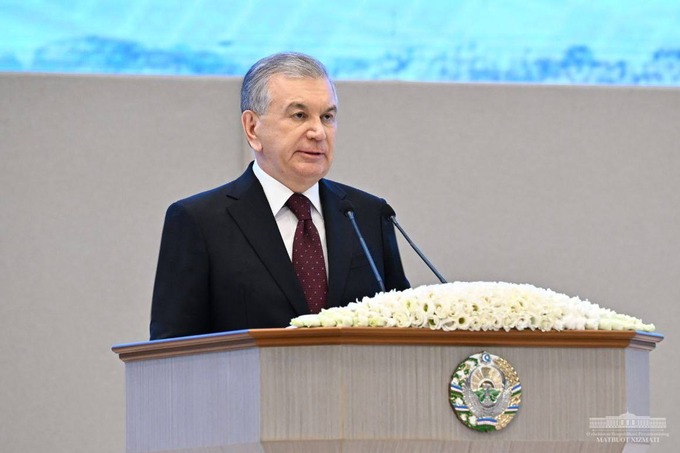The Government of Uzbekistan announced the agenda for the next phase of its bold and ambitious reforms. The Reform Roadmap, revealed today, outlines the Government’s economic reform priorities over the next three years (2019-2021).
The focus of the Roadmap is to sustain the momentum of Uzbekistan’s transition to a competitive market-led economy. The World Bank welcomes these positive developments. It will continue its strong partnership with the Government in support of sustained economic growth and higher living standards for the citizens of Uzbekistan.

The Reform Roadmap presented by the Government today contains five major pillars: (i) to maintain macroeconomic stability; (ii) to accelerate the market transition; (iii) to strengthen social protection and citizen services; (iv) to strengthen government’s role in a market economy; and (v) to preserve environmental sustainability. The reform priorities within each pillar draw on lessons learned from the market transitions of other countries but are also firmly based in Uzbekistan’s unique context.
In just under two years, Uzbekistan has achieved significant progress in reforming the economy. Importantly, authorities have placed a strong emphasis on safeguarding vulnerable citizens from the negative impact of the reforms. The Government has also invested heavily in public consultations and citizen engagement to improve feedback loops between citizens and the government.
While much has been achieved in a short time, considerable challenges remain to ensure sustained growth and job creation. These include further reforms to administrative price controls, the performance of state-owned enterprises, and measures to ensure an efficient and well-functioning financial sector. These challenges are complex and will require sustained effort by policymakers. The Reform Roadmap will serve as an important tool to address these issues.
Moreover, the proposed Economic Council under the Government, which was discussed today, is a welcome development. The Council could play a key role in coordinating, recommending and monitoring key economic reforms. The Economic Council could also serve as an important platform to draw on local and international expertise to ensure evidence-based analyses and decisions.
“The World Bank Group is committed to maintaining a close partnership with the Government as it prepares to enter a more complex phase of reforms. We will continue supporting efforts to improve the well-being of the citizens of Uzbekistan”, said Lilia Burunciuc, the World Bank’s Regional Director for the Central Asia Region.
The World Bank Group has rapidly scaled up its support to Uzbekistan since the start of the reforms. The program in Uzbekistan is one of the World Bank’s largest in the Europe and Central Asia region, with 18 projects under implementation totaling US$ 3.3 billion. Focus has been on economic and institutional reforms, agriculture, healthcare, education, water supply and sanitation, energy, transport, digital and regional development.












